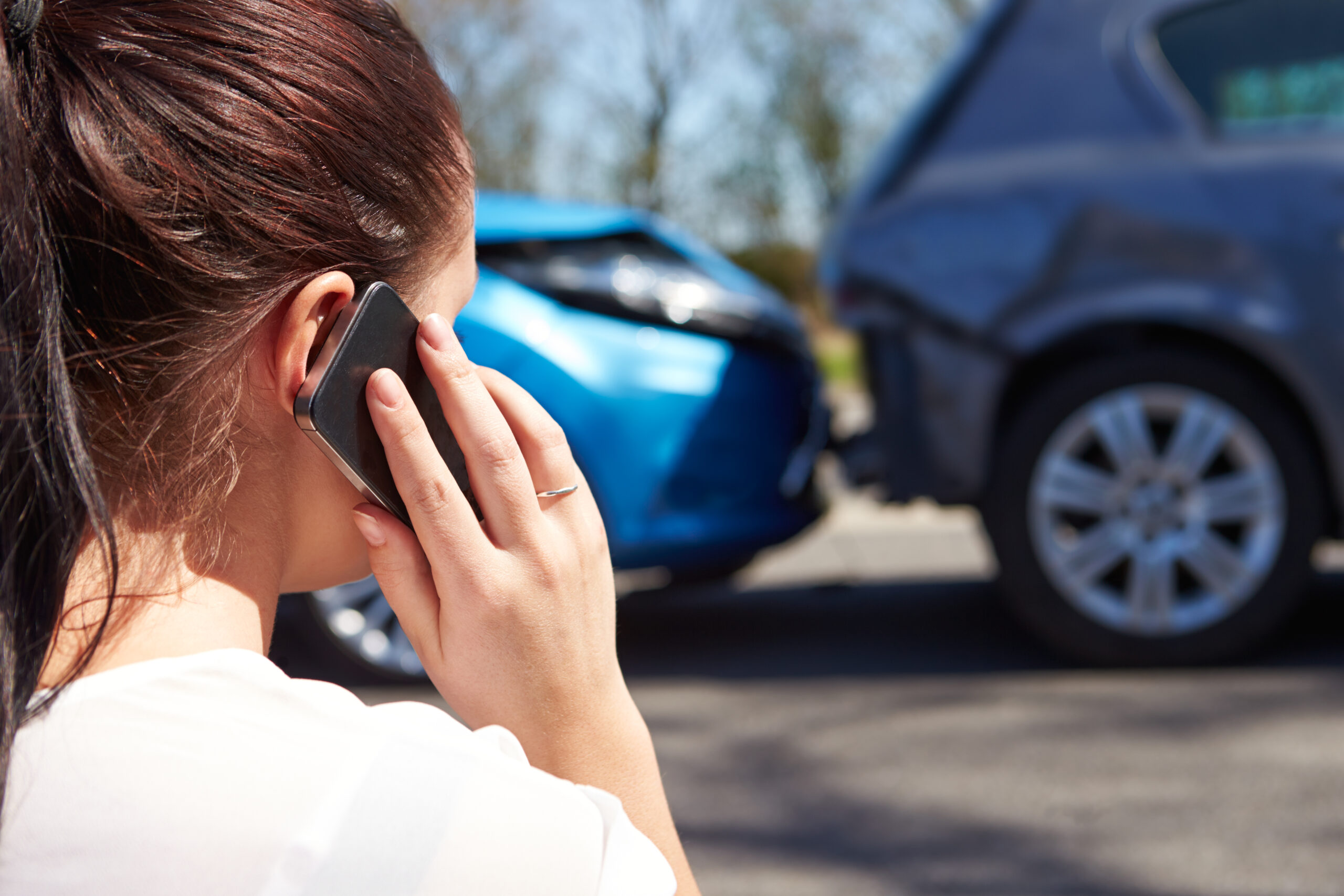Kibbey Wagner Injury & Car Accident Lawyers | November 27, 2024 | Car Accidents

If you are ever involved in a car accident, it’s essential you understand Florida accident laws. The steps you take immediately after a crash and your compliance with these laws can directly impact the outcome of your case. Here is your definitive guide to Florida car accident laws, which lists the most essential car accident laws in Florida and how they may impact a personal injury claim.
Florida’s No-Fault Law for Car Accident Cases
One of the most important laws to understand in Florida is the state’s no-fault law. Under this law, all passenger vehicle motorists are required to obtain Personal Injury Protection (PIP) insurance. Minimum mandatory coverage includes $10,000 of PIP insurance, which covers up to 80% of all necessary and reasonable medical expenses up to $10,000 from a covered injury, regardless of who caused the crash.
PIP coverage also pays for up to 60% of lost wages and lost earning capacity up to policy limits. Motorists turn to their own insurance provider for this coverage.
Additionally, motorists must maintain at least $10,000 in property damage liability (PDL) coverage, which pays to fix the other vehicle damaged in a car as a result of a driver’s negligence.
Under the state’s no-fault law, you cannot seek compensation for pain and suffering or other non-economic damages in a car accident unless the injury causes any of the following:
- Significant and permanent loss of an important bodily function
- Permanent injury within a reasonable degree of medical probability
- Significant and permanent scarring or disfigurement
- Death
Suppose you or a loved one suffered any of the above injuries. In that case, you can pursue a personal injury claim against the at-fault driver for the full extent of your damages, including non-economic damages for pain and suffering, mental anguish, emotional distress, and lost quality of life.
Notably, the bar on filing personal injury claims for pain and suffering does not apply to motorcycle accident cases. Injured motorcyclists can file legal claims against the at-fault driver.
When to Report a Car Accident in Florida
Florida law requires motorists to report any accident they are involved in that results in injury, death, or apparent property damage of $500 or more by the quickest means possible to the closest police department.
A law enforcement officer may respond to the scene and prepare a written report.
This report can include vital information, such as:
- The other driver’s statements
- The exact date, time, and location of the accident
- Any citations the law enforcement officer gave to any driver involved in the accident
- A diagram of the accident scene
- Road and weather conditions at the time of the accident
- Statements from witnesses
Request a copy of the police report once it is ready, as the insurance company will likely request it to investigate your claim.
Additionally, the accident must be reported to the Department of Motor Vehicles (DMV) within ten days of the accident.
Florida Car Accident Laws and Other Legal Duties After a Collision
In addition to reporting the accident, motorists involved in an accident are required to do the following under Florida law:
- Stop at the scene of the accident
- Render reasonable assistance to anyone injured in the crash, including taking them to a doctor or medical facility or arranging for the same
- Give their name, address, and registration number of the vehicle they are driving
- Exhibit their license to anyone involved in the crash upon request
Violating this law can result in being charged with a nonmoving violation.
Florida Motor Vehicle Accident Laws and Comparative Fault
Florida uses a modified comparative fault system when an accident victim shares fault for the crash. Under this car collision law, you can still pursue financial compensation from the party at fault for your injuries if you are not more than 50% responsible for the crash. However, your damages are reduced by your degree of fault.
Florida Auto Accident Law on the Statute of Limitations
Florida has a time limit to file a personal injury lawsuit, which is generally two years from the accident date. Suppose you haven’t filed a car accident lawsuit within this timeframe and have not resolved your case through a personal injury settlement. In that case, you can lose your opportunity to recover compensation through the courts for your injuries.
A Car Accident Lawyer Can Help You Understand Florida Auto Accident Laws
If you were involved in an accident and need help understanding Florida’s auto accident laws, consult a car accident lawyer. They can discuss your legal rights and options for recovery. Schedule a free consultation today.
Contact Kibbey Wagner Injury & Car Accident Lawyers For Help Today
For more information, please contact the Stuart, Port St. Lucie, or Palm Beach Gardens personal injury law firm of Kibbey Wagner Injury & Car Accident Lawyers to schedule a free consultation today.
We proudly serve Martin County, St. Lucie County, Palm Beach County, and its surrounding areas in Florida:
Kibbey Wagner Injury & Car Accident Lawyers Stuart
73 SW Flagler Ave
Stuart, FL 34994
(772) 444-7000
Kibbey Wagner Injury & Car Accident Lawyers Port St. Lucie
1100 SW St. Lucie West Blvd. Ste 202
Port St Lucie, FL 34986
(772) 247-3374
Kibbey Wagner Injury & Car Accident Lawyers Palm Beach Gardens
300 Avenue of the Champions Ste 220
Palm Beach Gardens, FL 33418
(561) 944-4000